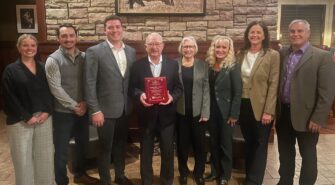Preview a ‘taste’ of family business at one-of-a-kind dinner
Recent News
Family hotel company: ‘We’re just trying to be creative in any way’
Posted in PFBA | December 14, 2020
Put simply, the hotel business sells the commodity of time.
Nights in a room.
Event days.
Weeklong stays.
“We can’t sell lost time,” said Paul Hegg, CEO of Sioux Falls-based Hegg Cos.
“In our business, lost time equals lost revenue.”
In 2020, time – and revenue – have been lost for good at hotels worldwide. But while their names might be tied to large corporate brands, often the owners and operators behind the properties are family businesses.
That’s the case with Hegg, which counts seven hotels in its portfolio across Sioux Falls, Rapid City, Sioux City and Luverne, Minn.
“Having been around for 75 years, we’ve been able to weather a lot of storms,” Hegg said.
“But even for my father, who’s been around the longest, this one has him a little flummoxed because of the impact it’s had on so many things. Suffice it to say, I think everyone has been impacted in some way, financially or personally, by this pandemic. If your business can survive this, you can survive anything.”
Hegg Cos. was founded in 1945 by Hegg’s grandfather, Ode Hegg, who sold farms and ranches door to door. It evolved into a residential real estate firm, which today is Hegg Realtors, and then spun off a commercial real estate company, now Hegg Cos.
The hotel side of the business dates back to 1979, when Hegg’s father, Pete, sold a piece of land on West 41stStreet to a hotel developer from Minnesota, which became a Days Inn.

“By the time construction was done, my father had bought the property back, and that was our first foray into hospitality,” Hegg said.
Hegg Cos. works in development, commercial real estate, construction and property management in addition to hospitality. There are 14 staff members in the corporate office and 275 employees on the hotel teams. Pete Hegg serves as board chairman.
“As a family-owned business, there’s compassion instilled in the employees from the corporate office on down,” said Sarah Maag, corporate director of sales.

“We want to do anything we can. We’re in hospitality for a reason, and no matter how you put it, that’s taking care of people.”
Pandemic impacts
One of the three key indicators of hotel performance is something called RevPAR, or revenue per available room. In April, the entire industry experienced the greatest year-over-year decrease in RevPAR, Hegg said.
“It was an 80 percent drop year over year,” he said.
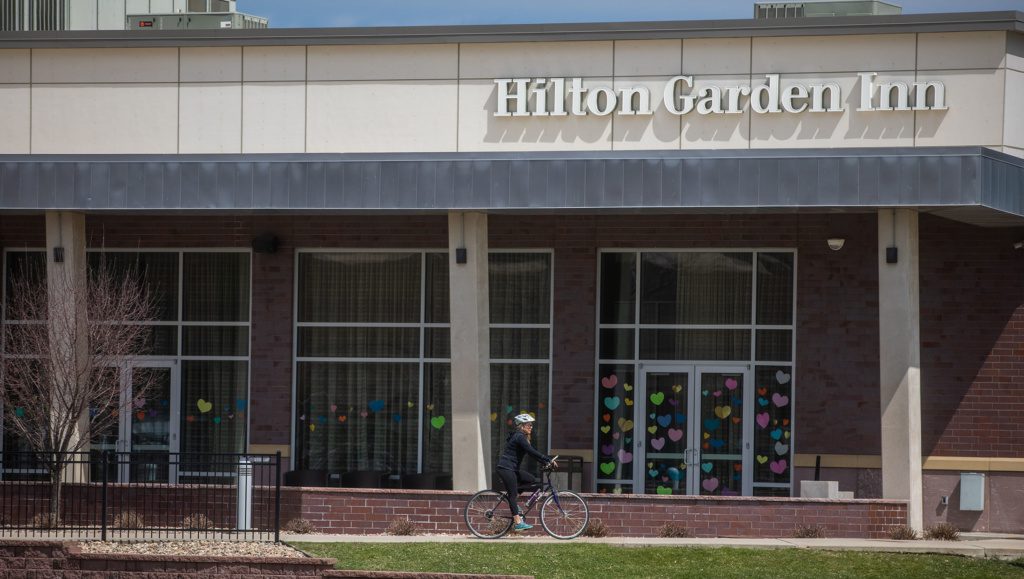
Occupancy grew during the summer as leisure travel demand came back to the point that hotels were 30 percent to 50 percent occupied, but before that happened, the industry had already dropped its rates.
“So now you get a double-whammy effect of decreased occupancy and decreased rate, and it’s just a long road back,” Hegg said.
With colder weather, less holiday travel and little corporate travel, the end of the year has been challenging too.
“These months are slow in a typical year, and you layer the pandemic on top of that, and it becomes more problematic,” said Hegg, adding the company has benefited from the Paycheck Protection Program and is hoping for other supplemental funding from the government.
“I’m reading data that shows our industry will not return to pre-COVID numbers until 2024,” he said. “It’s a light switch going down and a dimmer switch coming back up. You build rate as you build occupancy. So 2021, 2022, we expect to see demand picking back up, but rate will follow behind that. Until people feel comfortable, especially on the group side, it’s going to be a long time before that comes back to full capacity.”
And not only has revenue dropped but also certain expenses have gone up.
“It’s costing more to maintain the rooms and instill confidence in guests,” Maag said. “We’ve all rolled out programs to ensure cleanliness and make sure people feel comfortable when they travel. So it’s more staff cleaning, more product, and rates are dropping.”
Hotels are trying to be creative, including hosting high-resolution virtual events. But those don’t bring in people to stay overnight or eat and drink at the hotel.
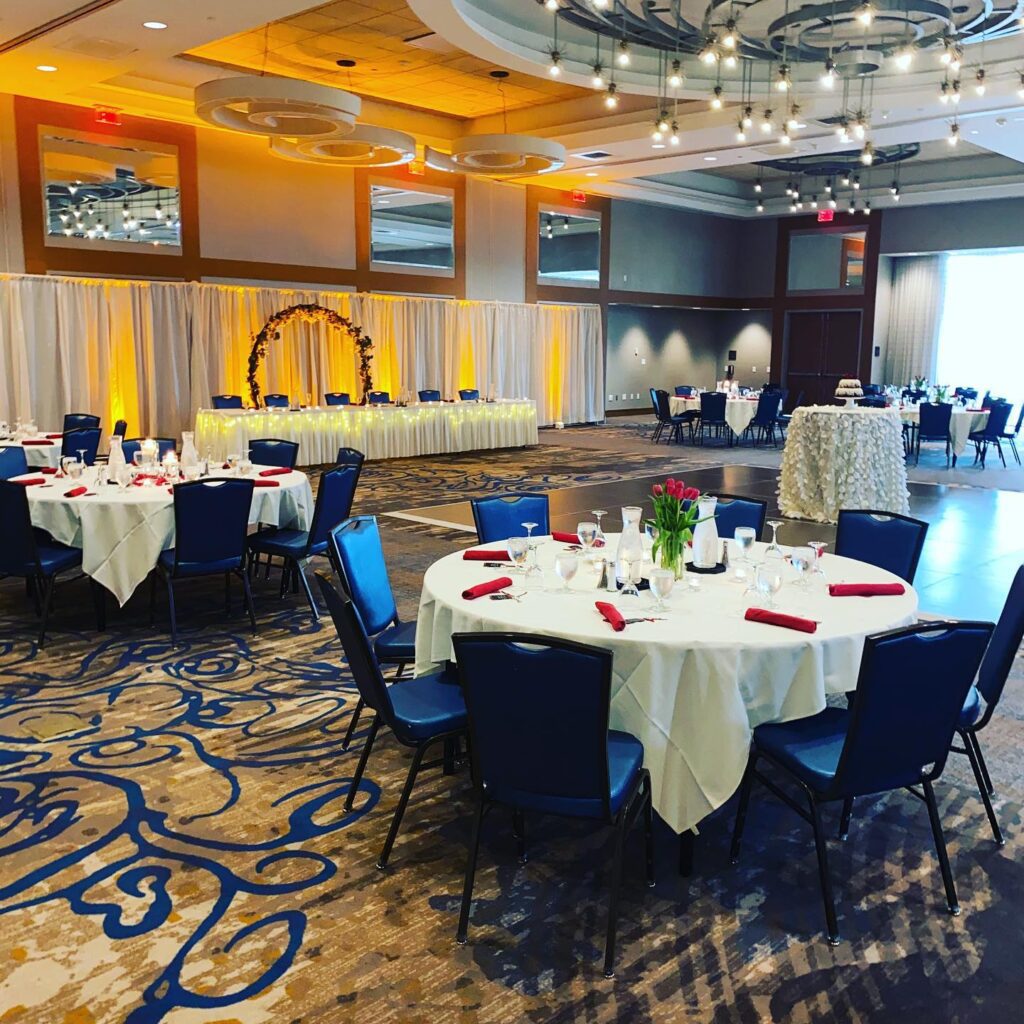
Group business that typically would be a fit for Hegg hotels sometimes isn’t now because of enhanced requirements around spacing.
“We typically could host an event for 380 at the Hilton Garden Inn Downtown. Recently, I received a request for a conference for 100 people in 2022, and because of this group’s request for additional space to allow for social distancing, we are no longer able to accommodate this group,” Maag said.
“It’s been a much more detailed process to establish bookings and respond to proposals because we have to let them know we’re taking extra measures to ensure guests are safe.”
Some guests have responded to the hotels’ offer of renting rooms as personal offices, though that’s a larger trend in bigger cities where many household members are all in an apartment and need extra space to work.
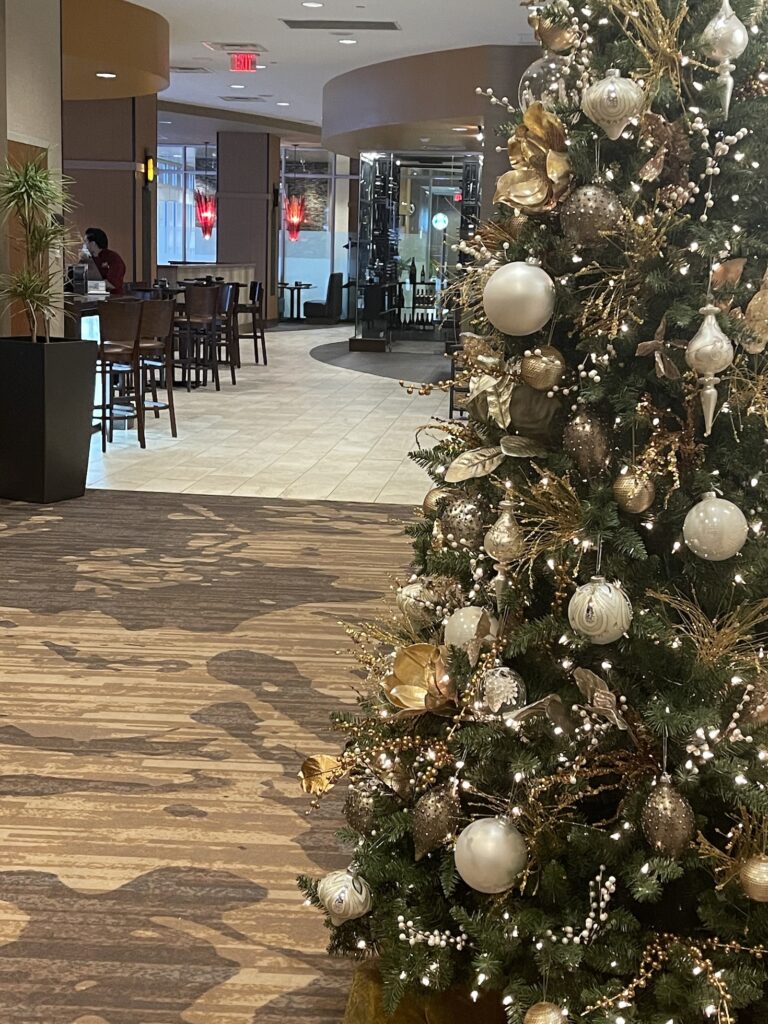
The Hilton Garden Inn Downtown has picked up some event business, especially weddings, as other states’ requirements wouldn’t allow them. Its restaurant, Crave, has adjusted to offer curbside and delivery service, including wine, while also offering food for on-site events.
“We recently had a bride call who found out she couldn’t have her wedding in another state two days before, and we made certain accommodations to make it work so she wouldn’t have to reschedule her wedding a second time,” Maag said.
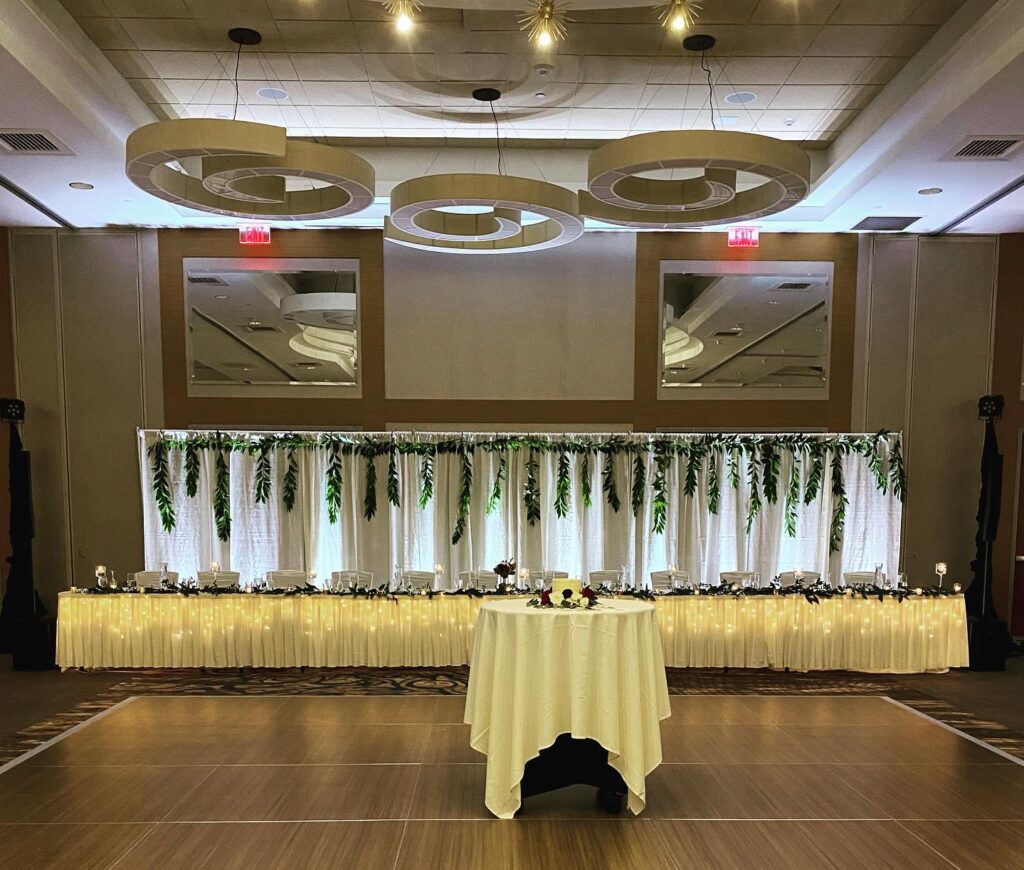
“As a company, we fully understand there’s a human element to all of those, and we have to be human and take care of guests however we can. We’ve had funerals, receptions, things that aren’t our typical business. But that’s going to be our business for now. That’s the business that we can guarantee at this point. We even have families coming to do their family Christmas in our ballrooms and event rooms so they can keep people safe.”
It’s challenging as a family business to balance extending empathy to people who want to cancel their event and still trying to make the bottom line work, Hegg said.
“We’re all being impacted by this, and it’s nobody’s fault, and we’re trying to be as accommodating as we can while still trying to keep our team employed. Hotels are large assets that have many fixed operating costs, and many of those bills don’t change due to decreased revenue,” he said. “So that’s been a challenge and a struggle emotionally, trying to be flexible while still having some sort of cancellation policy.”
There has been a bright spot on the hospitality side, though. Hegg also owns Circle H Ranch, a 3,800-acre pheasant hunting ranch in Gregory with three buildings that can house three dozen people and provide food service.
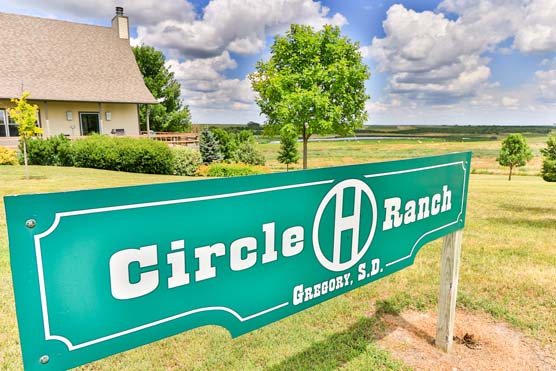
“We saw very little impact there as far as cancellations,” Hegg said. “People were not afraid to come out to South Dakota and hunt pheasants. So that was definitely a positive for us.”

Hegg is a former board member of the Prairie Family Business Association and said he appreciates the resources and relationships this year as much as ever.

“The element of networking, which really builds friendships, is so valuable,” he said.
“When you mix family and business and different generations, don’t kid yourself, there will be problems. And this organization is there to open up those conversations and be a conduit to find ways to avoid those situations, address them if they come up and be a support channel. It’s so important.”
Hegg Cos.’ perseverance and willingness to adapt is a strong example for other family businesses, said Stephanie Larscheid, executive director of the Prairie Family Business Association.
“Often, we don’t think of hotels as family owned and operated, but many across our region are, and Hegg Cos. is a truly outstanding representative of that industry,” she said. “We hope family businesses and others will keep these hotels in mind for their needs both now and when they’re more comfortable traveling again.”
For now, Hegg is attempting to finalize its 2021 budgets, which the CEO acknowledges is “completely a shot in the dark at this point.”
While he thought he would have a clearer picture of the future by this point in the pandemic, “I just don’t know. And I don’t think anybody does,” he said.
“All I know is we have a really good team of people, and it’s through their efforts that we’re managing this. They’re doing the best they can to turn over any stone, and they’re doing it in a highly stressful environment. Guests aren’t adjusting their expectations, and neither are we. If anything, they’ve all been heightened. So I just really appreciate our staff and what they’ve been able to do through all of this.”
To learn more about Hegg Cos. and its hotel properties, click here.


